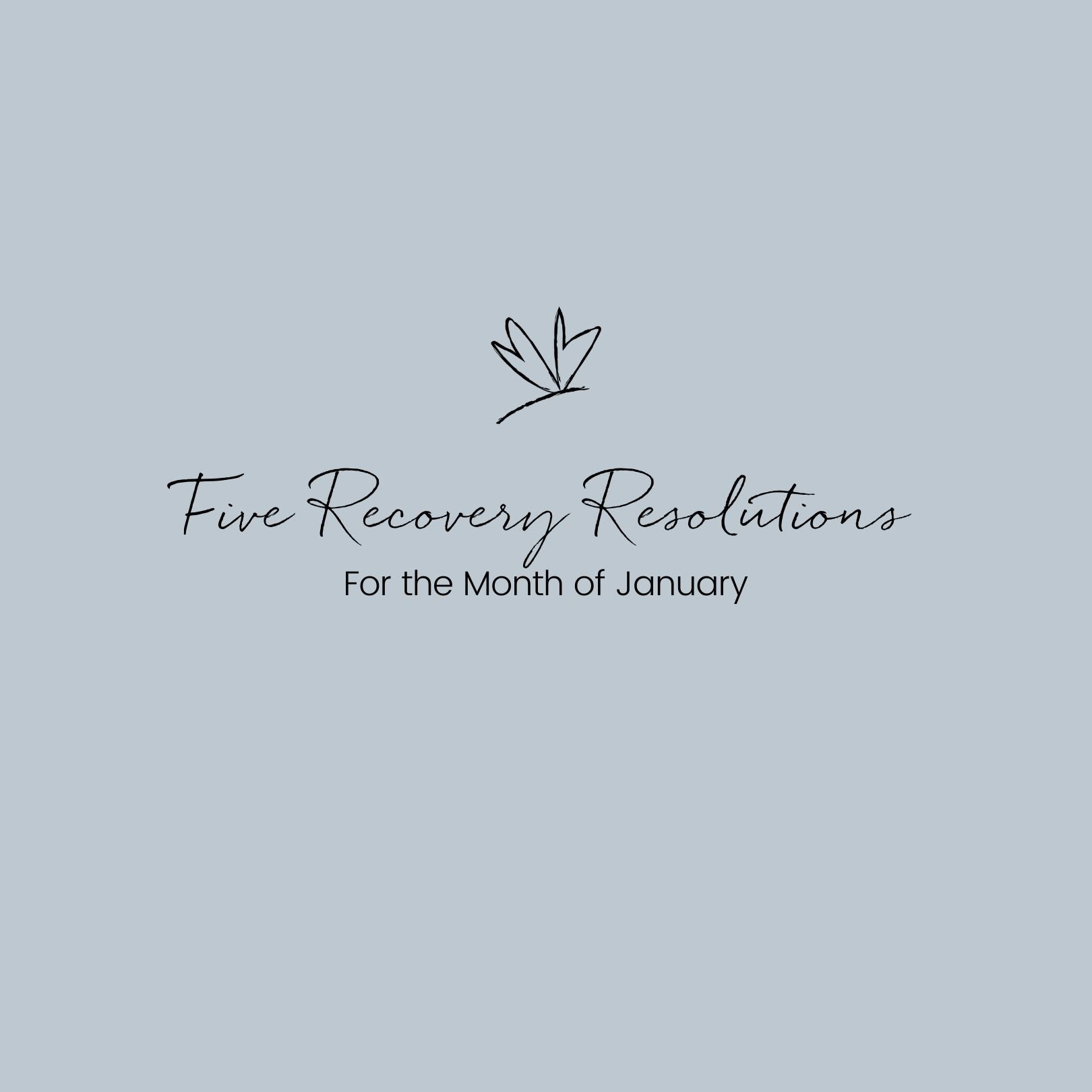Boris...Please Know the Harm an Obesity Campaign May Have (and listen to us)
Let’s be clear. Any rhetoric around the control of weight, the reduction of body size, or the need to conform to a particular style of eating pattern – it has the perfect and dangerous set of ingredients with which to rock someone’s recovery from an eating disorder.
Today, we’ll hear the government discuss its plans for a new ‘anti obesity drive’.
And yes, the vast majority of us will be in agreement that there is indeed an issue within the population of large numbers of people carrying ‘excess weight’, which may, or may not, be deemed to be negatively affecting their health.
But any public health campaign which sets out to issue a blanket call upon society to eat less, exercise more, and, indeed, to feel somewhat ashamed about their food intake – well it can only cause trauma and conflict for those whose lives are spent battling a mental health illness which centres around their relationship with food.
Eating disorders are the mental health illness with the highest mortality rate. This means it often leads to suicide, organ failure, or other fatal self harm.
Eating disorders are not a choice or faddy behaviour. We are talking about sickness of the brain (not the body, contrary to wide belief), and something so entrenched that it can, and often does, last decades.
For those suffering, any kind of rhetoric or dialogue which focuses on the need for healthier food consumption and reduction in weight, has an all too real potential to deviate recovery progress.
Initiatives like the labelling of restaurant and café menus with calorie levels, or broad-brush narratives around ‘losing five pounds’ will unquestionably cause the sufferer to make poor choices in terms of their own self care – reminded once again of their unhelpful internal dialogue perpetuated by their mental health condition.
And indeed, even those with less formally diagnosed ‘eating disorders’ will potentially, for the first time, become more obsessively focused on tracking their calorie intake and suppressing their body weight should these initiatives be introduced.
All the time, the measures take us further away from a concept which all of us in the world of eating disorder recovery coaching and campaigning repeat so often – which is that we should all be developing healthier, happier relationships around eating and body acceptance….not facilitating obsession, fat shaming, or food guilt.
Let us not forget that while ill health from obesity puts a lot of strain on our health services, so too does the impact of eating disorders.
Community service resources for this specialist area are already stretched, while the few residential units there are in the country for eating disorder units come at an exceptionally high price.
Demand has continued to soar during Covid – unsurprisingly as mental health has plummeted - but more and more sufferers have been turned away without meeting the criteria of being ‘sick enough’ because there simply aren’t enough spaces or specialist staff.
Longer term, the cost of not recognising the need of early intervention – and prevention – with eating disorders, is yet more outlay in mental health services, more drugs and treatment for the likes of osteoporosis, cardiac failing, and so much more besides.
Today, I urge the government to consider fully what impact all of their obesity campaign measures may have – and perhaps more importantly, to PLEASE PLEASE consider the inputs from specialist services like Wednesday’s Child and those like myself with lived experience of this devastating disease.
- Jul 2020





